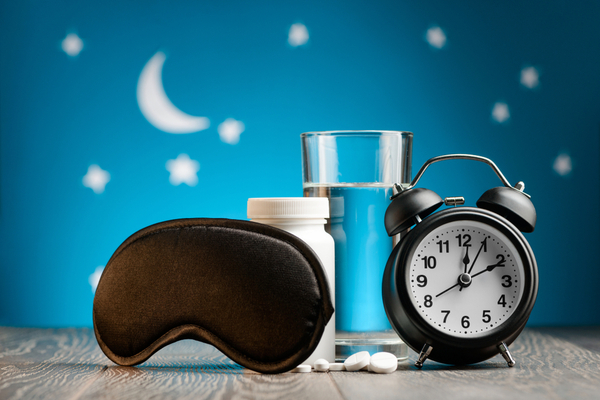On the second Sunday in March, most Americans “Spring Forward” an hour, as daylight saving time (sometimes erroneously called daylight savings time) begins, and most of the United States will “lose” an hour of sleep. The biannual spring and fall clock changes continue a long tradition started by Benjamin Franklin, who takes the honor (or the blame, depending on your view) for coming up with the idea to reset clocks in the summer months as a way to conserve energy, lo those many years ago.
DST has gone through some changes over the decades, but the current timing was adopted in 2007 when the Energy Policy Act was adopted. Now fewer than 40 percent of the world’s countries observe DST, and currently there’s a revolt in some of our United States (as well as countries abroad) to be done with it altogether. Interestingly, even if the voters want it, this state uprising will require Congressional approval before it can finally come to pass, and so far the lawmakers on Capitol Hill haven’t budged.
But what does Daylight Saving Time do to our health, really?
Physical – Setting your clock forward 1 hour for DST in spring might mean losing an hour of sleep on the morning after the change. Maybe this is just a minor annoyance for you, but it could have serious health risks for others. One Swedish study found there’s an increase in heart attacks for the first 3 days after switching to DST in the spring. There’s even been a link to miscarriages for IVF patients following DST. And an increase in traffic accidents as well as severe workplace injuries has been found in the first Monday after the change.
Mental – Studies have shown that losing that hour of afternoon daylight can trigger mental illness, increased suicide rates, bipolar disorders and seasonal affective disorder (also known as “winter depression”).
So, being tired can decrease productivity, concentration, and general wellbeing as well as having some serious health risks for some populations. That’s the bad news. The good news is that most studies find these things do pass, eventually. Here are some simple ways of making it easier to handle the clock change:
- Set your alarm to wake up a little earlier than usual on the Friday and Saturday before the DST switch. This makes it easier to get out of bed on Monday morning.
- Eat a healthy breakfast first thing. Food tells your body it is the start of the day.
- Go for a walk. Light, and especially sunlight helps to adjust your body clock.
- Help your child adjust by putting him or her to bed a little bit earlier the week before the time change.
—
Photo Credit: tomertu / Shutterstock.com
